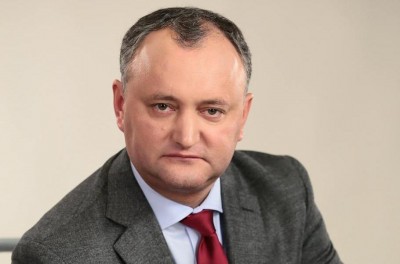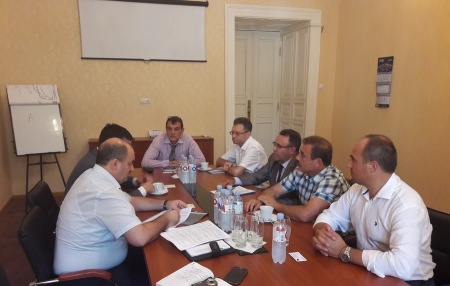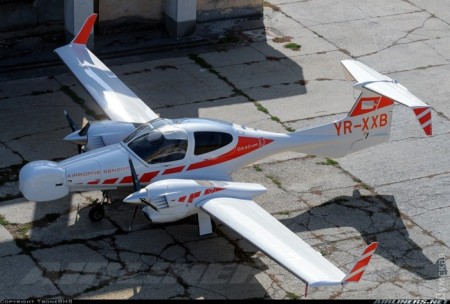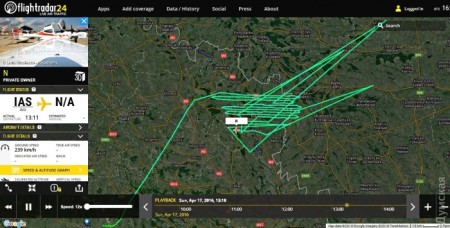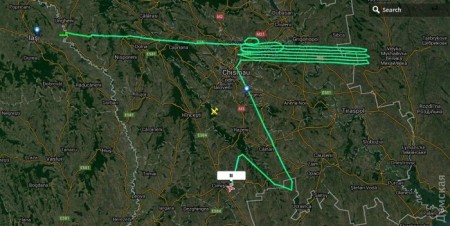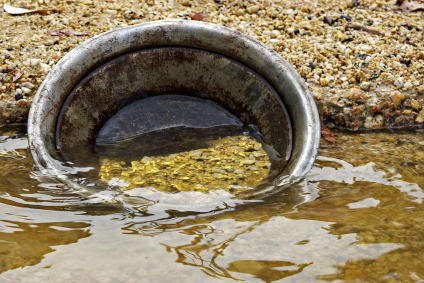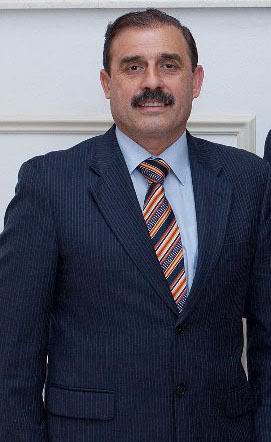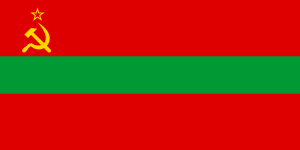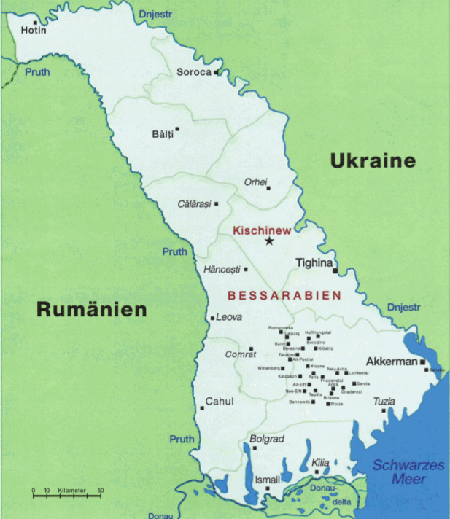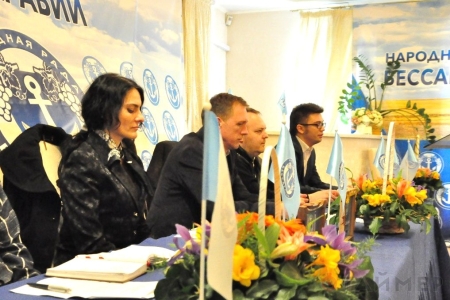For the first time since 2008, a President of Moldova, Igor Dodon met with a “President of Transnistria” Vadim Krasnoselsky.
Whether it proves to be anything more than a symbolic gesture by pro-Kremlin Moldavian President Dodon remains to be seen, for his powers as president are extremely limited (which is perhaps a good thing being a robust supporter of federalising Moldova).
Moldova is a parliamentary democracy with the President having very little sway over policy or legislation. (As such the Moldavian parliamentary elections of 2018 matter far more than the recent election of Mr Dodon as President of Moldova.)
What was known to be discussed appears to have been all rather sensible – and occurred outside of the longstanding 5+2 format which may or may not further frustrate an already frustrated process. Nevertheless issues such as agriculture in the Dubasari district, education and diplomas, and the movement of citizens across the Dniester river were discussed.
It is said they will meet again soon with proposal to solving the issues discussed and to set timelines to implement agreed solutions.
Time, as it always does, will tell when it comes to results, particularly as President Dodon would have to have the Moldavian parliament “on side” to actually deliver much (if anything).
With regards to meetings, and perhaps worthy of note for those in Kyiv, on 26th December, 3 days after Mr Dodon’s election as president, the odious and criminal Mykola Skoryk MP (Oppo Block) quietly visited Moldova attending a Party of Socialists event to celebrate Mr Dodon’s success.
President Dodon had been a long serving Chairman of the Party of Socialists after leaving the Communist Party. Needless to say the Party of Socialists is a robustly Russophile political entity.
That the obnoxious Mykola Skoryk would surround himself with russophiles is in keeping with his personal views (as inferred in the above link). As regular readers will note however, it is not his russophile views that make Mykola Skoryk obnoxious. Quite simply there is nothing about his political history, business activities, or egocentric personality that make him likable – russophile or not.
Time will tell whether Prosecutor General Lutsenko will actually get around to trying to strip Mykola Skoryk of his parliamentary immunity and prosecute him as he stated he would in September – but as yet hasn’t. Perhaps he has forgotten, perhaps he opened his mouth before gathering sufficient evidence, or perhaps a grubby deal has been struck that he won’t now go after Mr Skoryk. Neither Messrs Lutsenko or Skoryk have been adverse to grubby (and criminal) little deals throughout their political careers.
The question however is what was Mykola Skoryk doing at a Party of Socialists gathering for, and with, the newly invested President Dodon? A shared russophilia is unlikely to be the answer in and of itself. There will be more to it.
Perhaps it is a matter of insuring any cross-border “business” is not interrupted under a new presidency. Perhaps there are now opportunities to expand “business”. Maybe an arrangement made for an immediate “bolt hole” from Odessa should Prosecutor General Lutsenko actually put action where his rhetoric already exists. Per chance some plotting and scheming regarding stirring up matters in “Bessarabia” occurred – as one domestic result of a Trump victory in the USA will probably be an emboldened pro-Russian political voice within Ukraine from those that have generally kept a low profile over the past 2 years – those like Mykola Skoryk.
Whatever the case, Mykola Skoryk did not become the first Ukrainian MP to personally congratulate Mr Dodon on his election simply because of a shared russophilia and as Odessa shares a border with Moldova he thought he’d “drop by”. He is hardly otherwise a regular face at the Party of Socialists gatherings.
That Mr Skoryk has said very little about his trip probably means that more questions should be asked.


